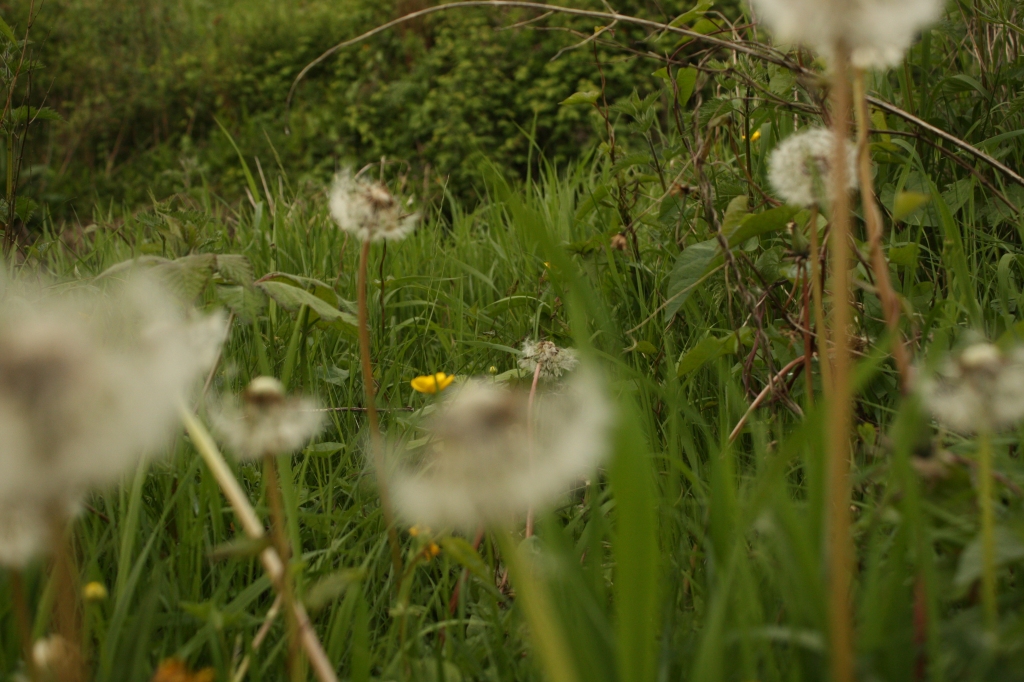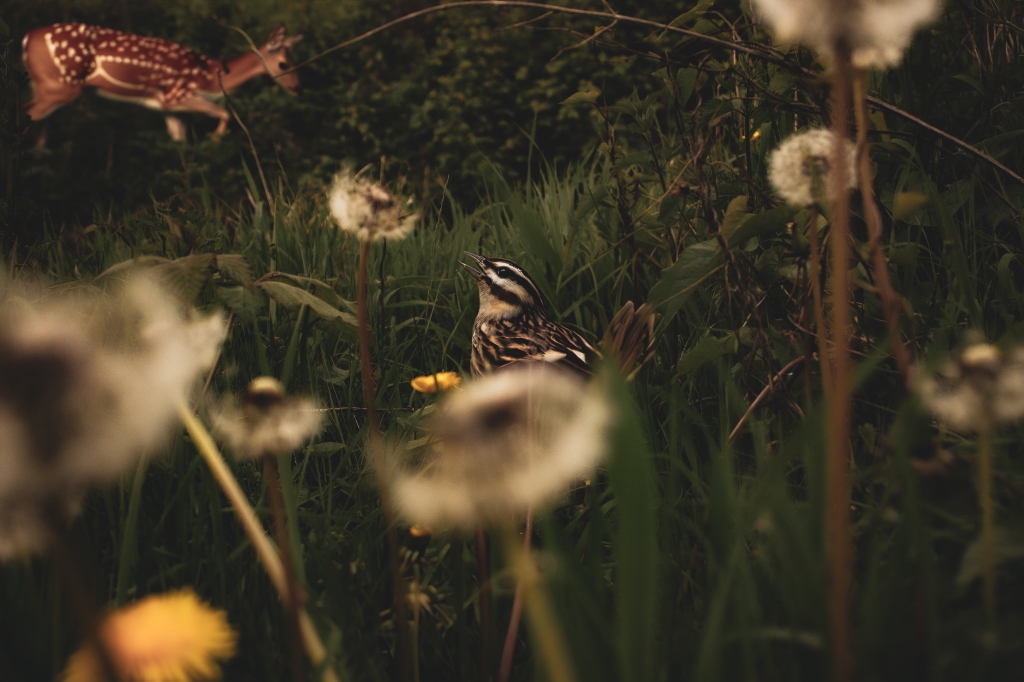[ad_1]
In the realm of academia and research, the intersection of artificial intelligence (AI) and scientific exploration has opened up new dimensions for scholars across various disciplines. For those delving into the captivating realm of nature soundscapes, integrating AI into their research toolkit can lead to innovative insights and creative possibilities. In this blog post, I will delve into my experiences to enhance my PhD research using AI courses and tools.
The Power of AI Courses in Shaping Research
Education is the foundation of progress, and in the age of AI, harnessing its potential requires a solid understanding of its principles and applications. This is why I decided to take part in the free Google Cloud AI courses.
In my pursuit of knowledge, I embarked on a transformative learning journey by enrolling in the “Introduction to Generative AI” course offered by Google Cloud. This course marked my initial steps into the world of AI, equipping me with the essential understanding of AI concepts and terminology that have since become integral to my research and career.

These AI courses have provided me with several key benefits:
Grasping AI Fundamentals: The intricacies of AI can initially appear overwhelming, but these courses adeptly break down complex concepts like neural networks and deep learning, making them accessible even to newcomers.
Bringing Theory to Life: The theoretical knowledge gained from these courses seamlessly translates into practical application. This has been invaluable in my research, where hands-on implementation is crucial.
Staying Abreast of Advancements: The rapid evolution of AI demands continuous learning. These courses offer insights into the latest trends and breakthroughs, ensuring that I remain at the forefront of AI technology. This has been helpful with my career in marketing and communication strategies, as well as my PhD research using AI for photography editing.
Transforming Nature Photography with AI Artistry
As a nature enthusiast and photographer, I discovered a fascinating dimension of AI in the form of Photoshop Beta AI’s generative fill feature. This tool has allowed me to marry AI with my creative vision, resulting in captivating transformations of my nature photographs. I discuss this in a few previous blog posts.
By harnessing the power of AI-generated elements, I’ve been able to:
Amplify Creative Expression: The synergy between my artistic vision and AI capabilities has led to the creation of visually stunning compositions that transcend traditional photography.
Craft Visual Narratives: Through the amalgamation of AI-enhanced elements, my photographs now convey intricate stories that add depth to my research findings.
Optimize Time and Efficiency: Previously arduous tasks, such as manual image manipulation, have been streamlined by AI, granting me more time to focus on the core aspects of my research.
My journey through AI courses and experimentation with AI tools has only just begun. As I continue to expand my skill set and delve deeper into AI’s potential, the horizons of my PhD research on nature soundscapes broaden significantly. This commitment to lifelong learning not only enhances my research prowess but also positions me to contribute meaningfully to the larger scientific community by harnessing the transformative power of AI.


[ad_2]